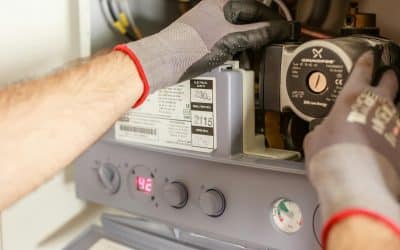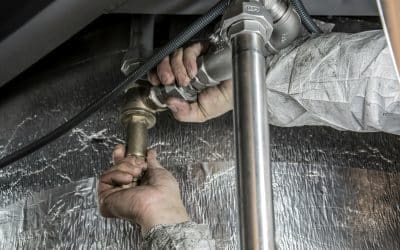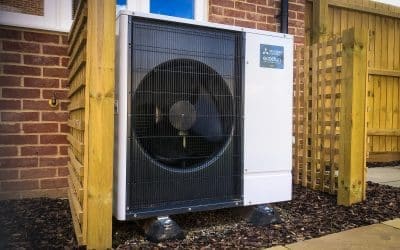With an increase in the popularity of renewable heating systems, more and more people have started shifting to biomass boilers. What’s more, the availability of the government-approved RHI Scheme has increased the number of installations.
However, before you go ahead with your biomass boiler installation, there are certain questions you need to ask your installer. To make things easier for you, at JL Phillips, we have compiled a list of questions that will help you make a sound decision.
Let’s dive in!
1. How Many Years of Experience Do You Have and Does Your Company Offer Local Support?
When it comes to partnering with a biomass installation company, the first thing you need to ask them is the extent of their professional expertise and experience with regards to installing a heating system.
Know that not every biomass boiler is the same and they come with different features and installation standards.
That said, it is crucial to ensure that your renewable heating system installer has the required experience in installing different types of biomass boilers, in particular the one they’re installing for you.
Additionally, you also need to make sure they offer local support for regular servicing, and in case any issues do crop up.
Our installers at JL Philips have the best industry experience and offer an end-to-end biomass installation service. Click here to get your free quick quote.
2. Will You Be Integrating the Boiler With My Existing Heating System?
This is an important question that you must ask your biomass installer to ensure that you won’t require any additional assistance once the system has been installed.
Simply put, some installation companies only install the biomass boiler without integrating it with your existing system. In this case, it requires you to contact a plumber to complete the rest of the installation process.
At JL Phillips our process is all-encompassing, and our installers offer thorough and professional biomass boiler installation, taking care of any repair or maintenance work that crops up post-installation.
3. Which Fuel Source Would You Recommend for My Home?
It can be tricky to decide which fuel source is the best for your property. That said, make sure your installer talks you through the different types of biomass fuels along with its pros and cons.
Some of the common types of fuel sources include pellets, wood chips, and logs. Although, selecting the best one for your home will depend on various factors like the size of your boiler and whether you have easy access to wood. Otherwise, if you want, you can purchase it from one of our suppliers.
4. Will You Calculate the Heat Load of My Property and Suggest the Right Boiler Size?
When you choose a biomass installation company, make sure they carry out the necessary heat load calculations and determine the right size of boiler for your home.
Taking this step into account is extremely important while installing a boiler, as it will help you make sure your heating system is neither over nor under-sized.
An under-sized biomass boiler needs to work really hard and that may impact its efficiency. On the contrary, an over-sized biomass boiler will end up burning a hole in your pocket as it ends up consuming more energy than necessary.
If you want to find out more about heat load calculations and what boiler size will be the best for your home, get in touch with our professional biomass installers today!
5. Do You Recommend Automation for My Property?
There is an extensive range of biomass boilers available on the market equipped with different functionalities that are designed to accommodate various needs.
Based on the amount of work you are willing to do, the type of boiler, fuel source, and space for other resources like pumps will vary.
Therefore, before making the final decision, ask yourself whether or not you are okay with controlling and cleaning the boiler on your own. If yes, then a biomass log boiler is the perfect option for you. However, if you want the boiler to load and clean itself, a fully automated heating system is what you need.
Of course, the renewable energy system you choose will have an impact on your overall expense; in which case, it’s better to get it cleared with your installer.
At JL Philips, our seasoned suppliers and installers conduct a thorough review of your property and, based on the results, help you figure out which type of biomass system will work best for you.
Contact JL Philips for Biomass Boiler Installation Services
Choosing the best renewable technology for your home can be a challenging task. Nonetheless, the professional biomass suppliers and installers at JL Philips are here to guide you through the entire installation process along with conducting a survey of your property.
To find out more about our biomass installation services, contact us today!
Alternatively, click here to get your free, no-obligation quick quote!





